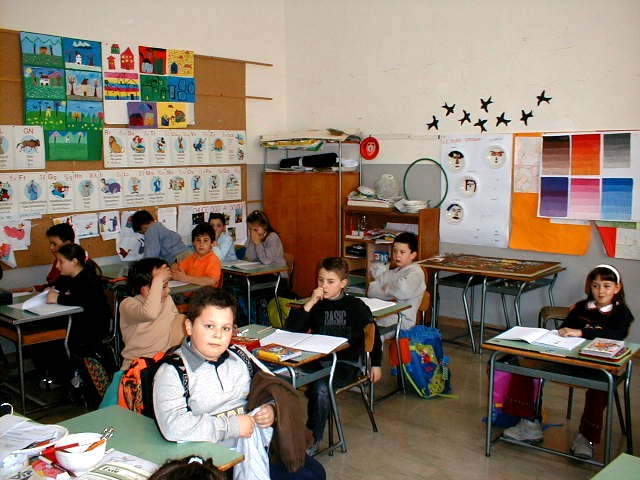With the summer gone, and the return to school and to normality, without the use of masks and distancing between the desks, the risk of other emerging infectious diseases that could spread among the very young, such as the virus infection Respiratory Syncytial (RSV), leading cause of bronchiolitis and pneumonia in children. This is the alarm launched by the pediatric and infectious experts present at the 4th WAidid Congress — World Association for Infectious Diseases and Immunological Disorders: with the end of the restrictions from Covid, inevitably some pathogens kept at bay so far, could find a new spread thanks to the failure law enforcement action in the last two years. For example, in the last two years, there has been a decline in pathogens such as RSV, which could however return soon: it is the main cause of respiratory diseases that require hospitalization. Globally, there are 33.1 million cases and 3.2 million hospitalizations every year. The virus, which alone causes 40% of severe pneumonia compared to other pathogens, is responsible for more than 118,000 deaths each year among the pediatric population. In Europe, the incidence is between 10 and 28 cases per 1,000 in children under the age of 1 year; however, study incidence rates may be underestimated. RSV is the most significant cause of death related to lower respiratory tract infection in the first year of life. The impact of the virus, in terms of incidence and severity, varies considerably with age: RSV causes a significant outpatient burden among children under the age of 5, but also causes significant morbidity in the elderly and in the immunocompromised patient of any age. However, the most serious consequences are predominant among children under one year of age. There is currently no prophylaxis for this virus. For children with severe RSV infection, only supportive care is available (supplemental oxygen, intravenous fluids, and mechanical ventilation). The prophylaxis available with the monoclonal antibody palivizumab is limited to children born before 29 weeks of gestation or with specific comorbidities, approximately 4-6% of children aged 1 to 3 years.
Archiviata l’estate, con il ritorno a scuola e alla normalità, senza più l’impiego di mascherine e distanziamento tra i banchi, si fa largo il rischio di altre malattie infettive emergenti che potrebbero diffondersi tra i giovanissimi, come l’infezione da Virus Respiratorio Sinciziale (RSV), principale causa di bronchiolite e polmonite nei bambini. È l’allarme lanciato dagli esperti pediatri e infettivologi presenti al IV Congresso WAidid – World Association for Infectious Diseases and Immunological Disorders: con la fine delle restrizioni da Covid, inevitabilmente alcuni agenti patogeni finora tenuti a bada, potrebbero trovare una nuova diffusione grazie alla mancata azione di contrasto negli ultimi due anni. Per esempio, negli ultimi due anni è stato registrato un calo di agenti patogeni come l’RSV, che potrebbe però tornare a breve: si tratta della principale causa di malattie respiratorie che richiedono il ricovero in ospedale. A livello globale si registrano ogni anno 33,1 milioni di casi e 3,2 milioni di ospedalizzazioni. Il virus, che rispetto agli altri agenti patogeni causa da solo il 40% delle polmoniti gravi, è responsabile ogni anno di oltre 118.000 decessi tra la popolazione di età pediatrica. In Europa l’incidenza è tra 10 e 28 casi su 1.000 nei bambini di età inferiore a 1 anno; tuttavia, i tassi di incidenza degli studi possono essere sottostimati. L’RSV è la causa più significativa di morte correlata a infezione delle basse vie respiratorie nel primo anno di vita. L’impatto del virus, in termini di incidenza e gravità, varia notevolmente con l’età: l’RSV causa un notevole carico ambulatoriale tra i bambini di età inferiore ai 5 anni, ma è causa di una morbilità significativa anche nell’anziano e nel paziente di qualsiasi età immunocompromesso. Tuttavia, le conseguenze più gravi sono predominanti tra i bambini di età inferiore ad un anno. Attualmente non esiste una profilassi per questo virus. Per i bambini con infezione da RSV grave è disponibile solo una terapia di supporto (ossigeno supplementare, liquidi per via endovenosa e ventilazione meccanica). La profilassi disponibile con l’anticorpo monoclonale palivizumab è limitata ai bambini nati prima delle 29 settimane di gestazione o con comorbidità specifiche, circa il 4-6% dei bambini da 1 a 3 anni.
NoveColonneATG







